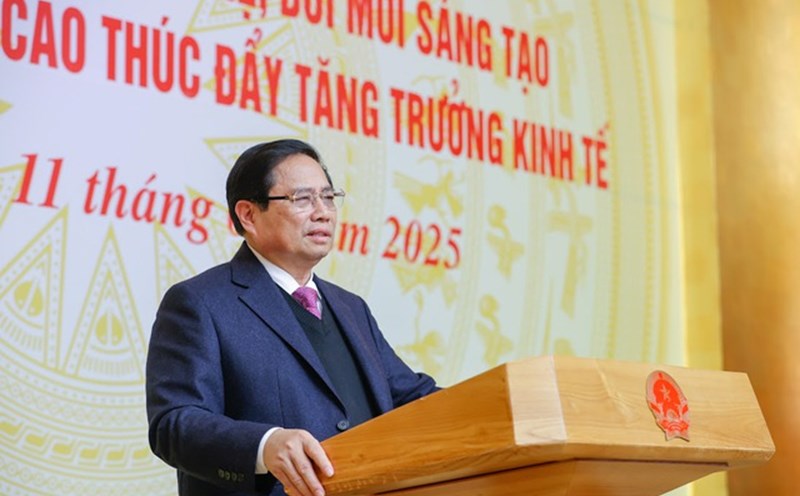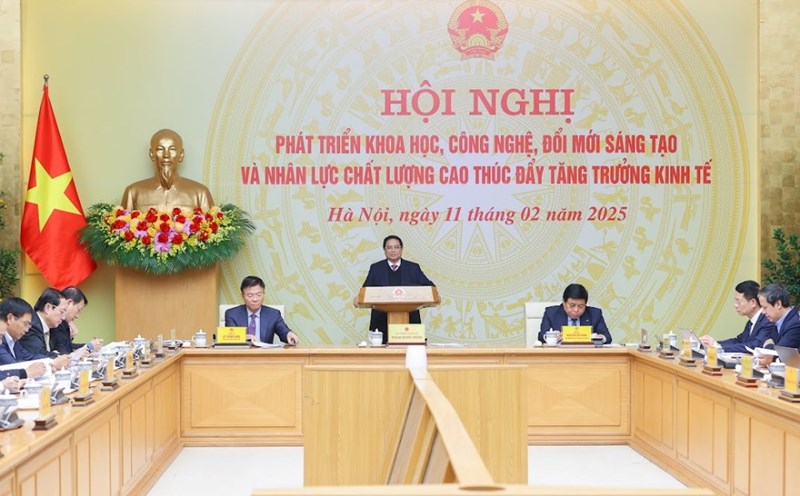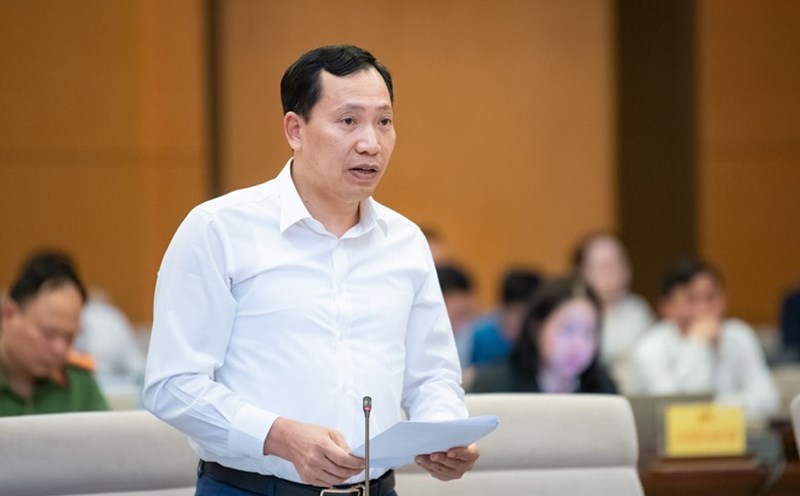Creating a mechanism to attract investors
Continuing the program of the 9th Extraordinary Session, the 15th National Assembly, on February 17, the National Assembly discussed in the hall the draft Resolution on piloting a number of policies to remove obstacles in science, technology (STI) activities and innovation.
Through the discussion, National Assembly deputies (NADs) all agreed to promptly remove obstacles in science and technology activities, innovation and national digital transformation to institutionalize the Party's policy, Resolution No. 57-NQ/TW.
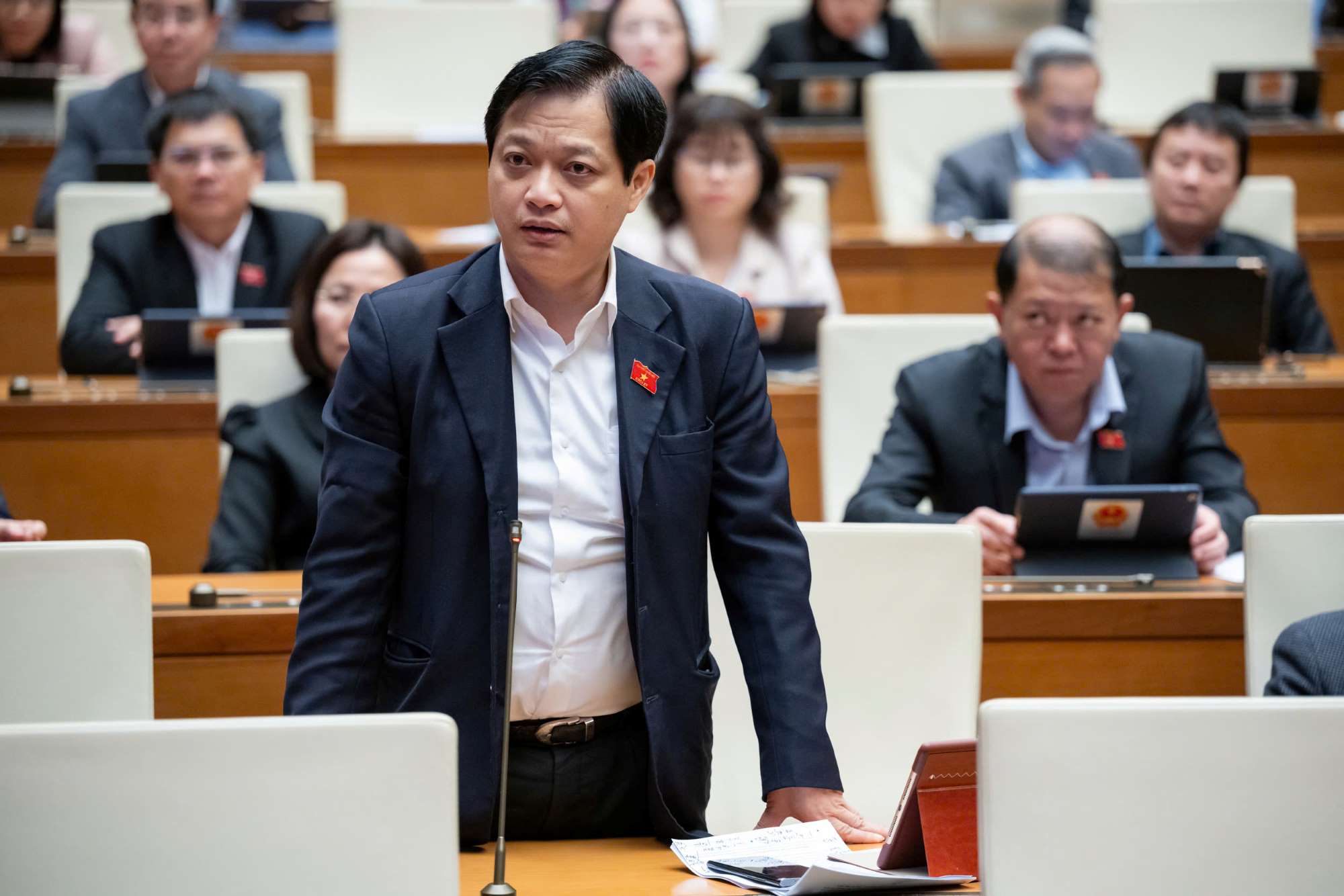
Speaking at the meeting, delegate Nguyen Hai Nam - National Assembly Delegation of Hue City - said that scientific research in countries around the world is considered a risky investment activity. Investment funds in scientific research activities are considered risk funds.
Delegate Nam also proposed that, to encourage domestic and foreign investors, it is necessary to learn from countries around the world in supplementing tax exemption and tax reduction policies for investment in scientific research.
Creating a " outlet" for science and technology research
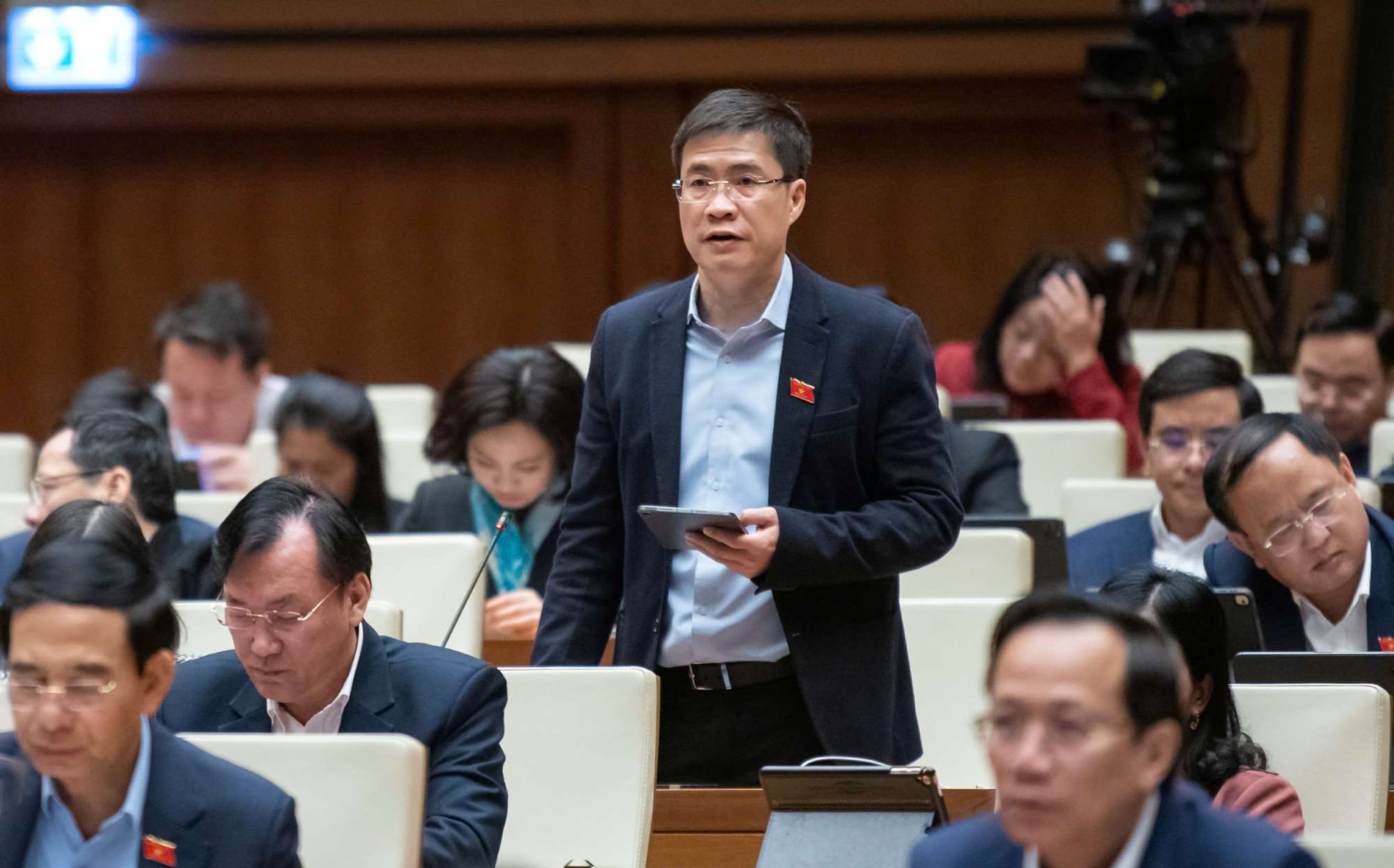
Regarding ensuring a "frontline" for domestic science and technology research, delegate Hoang Minh Hieu - National Assembly Delegation of Nghe An province - said that it is necessary to supplement policies, focusing on having policies for the State to become the first and most important customer for domestic scientific and technological research results. Experience from other countries shows that this is a very important issue.
Ensuring the use of research and development results in State programs also demonstrates confidence in the capacity of scientists and science and technology organizations in the country.
According to Mr. Hieu, currently, our country's legal system in the provisions of the Law on Bidding and the Law on Science and Technology has a number of provisions referring to this policy but is still not specific and according to many studies, it is not feasible in practice. Therefore, it is necessary to study to remove obstacles and put this policy into practice soon.
Participating in the discussion, delegate Nguyen Thi Thuy - Bac Kan delegation - said that it is necessary to have specific regulations on piloting civil liability exemption in research and testing science and technology.
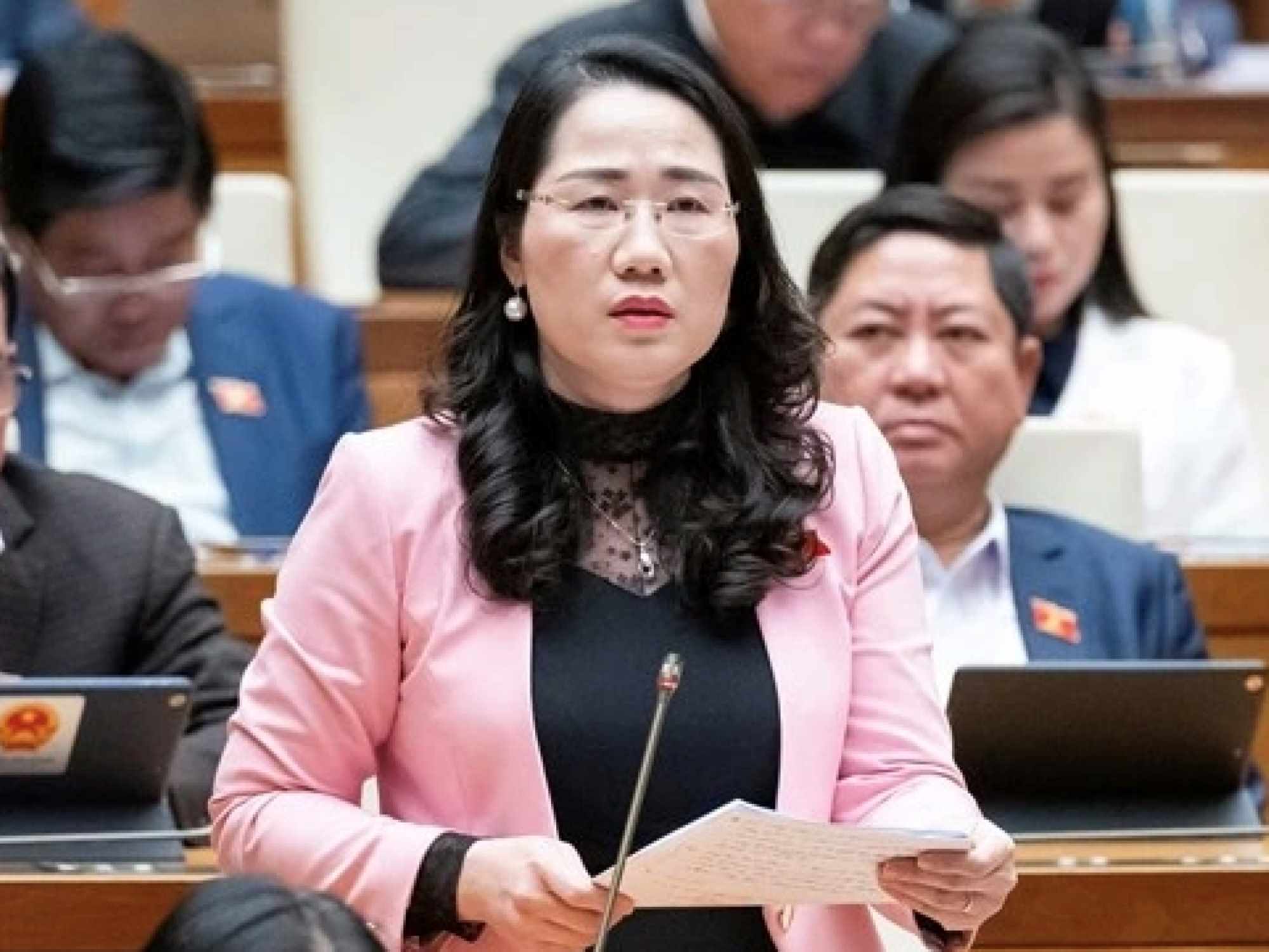
Because according to the delegate, currently, with the exemption from criminal liability in Article 25 of the Penal Code, it is clearly stated that agencies, organizations and individuals who have fully implemented the procedures and regulations, fully applied preventive measures but still caused damage will not be considered a crime and will not be prosecuted for criminal liability.
As for the regulation on civil liability exemption in scientific and technological research, it is not clear at present that even if the agency or organization or individual conducting the scientific research has properly implemented the process and regulations but caused damage to the State, they must still compensate for damages according to the compensation mechanism outside the contract. Therefore, Ms. Thuy agreed that Resolution 57 has added civil liability exemption.


